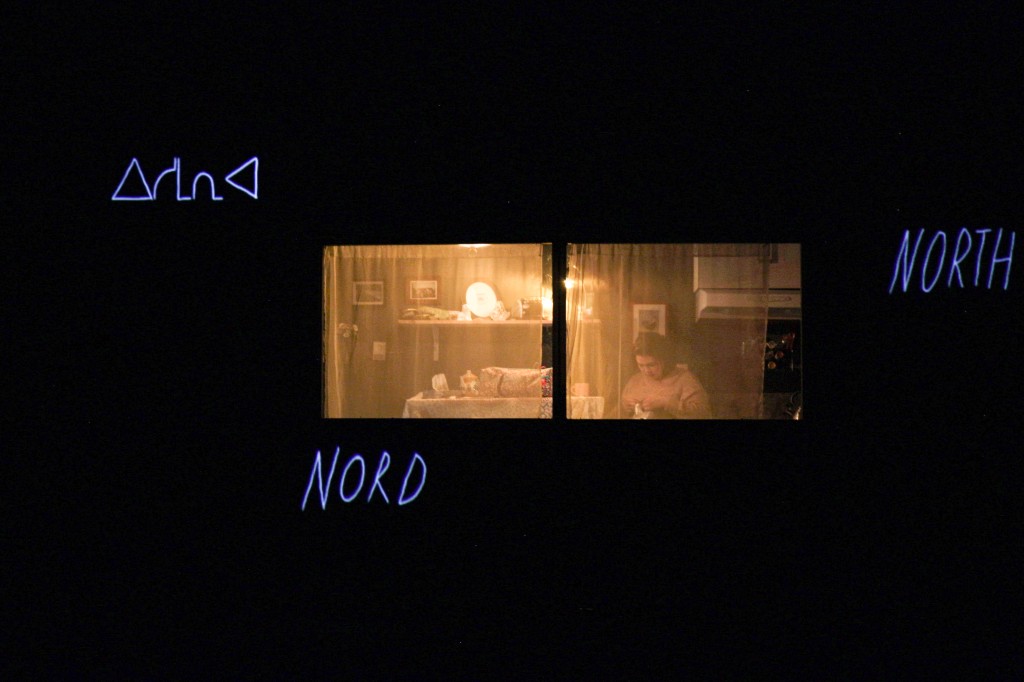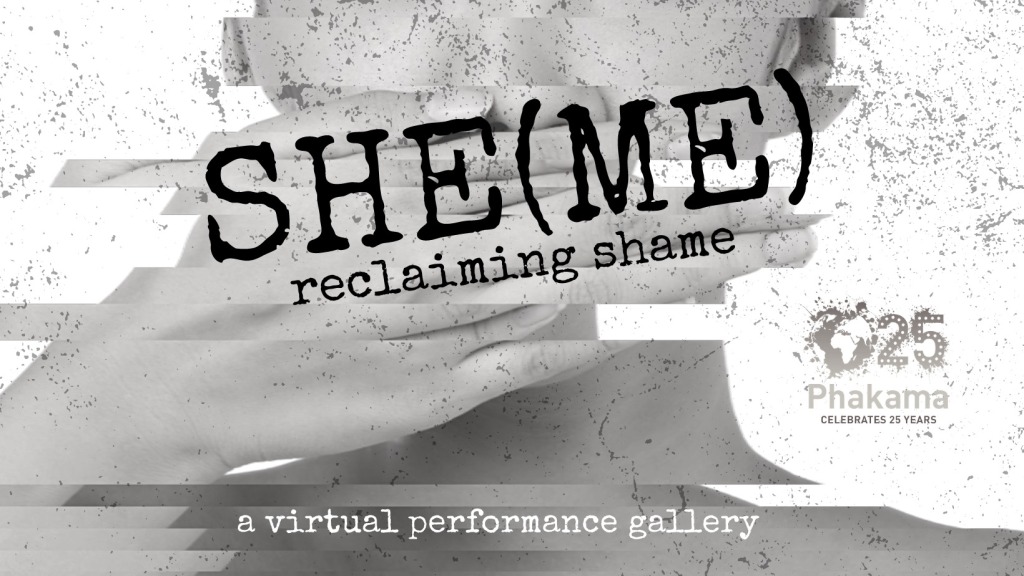Mercury Theatre
DEPOT Cardiff
11/10/21

Taking place in the cavernous warehouse venue, DEPOT, Finding Home is an affecting and powerful piece of theatre exploring stories of homelessness. Framed by a fictional memorial service for those who died while homeless, Finding Home tells the story of a varied group of characters who find themselves thrown together into a makeshift family, as they face the challenges and hardship of life without a home.
Megan, Cobbit, Bagsy and Lola make an unlikely family, but in each other and in “Hafan,” the derelict office block they occupy, they find some refuge from their individual struggles. But plagued by shellshock, alcoholism, mental health issues, grief and fear, each character is pushed to their limits, and through these central stories and those of side characters, the audience sees how different those individual limits can look.
Nick Hywell, Bethan Morgan, Sarah Pugh and Elin Phillips all deliver strong performances as central characters in the play, but it is Gethin Alderman that stands out as Bagsy. “A missing person who doesn’t want to be found,” Alderman’s Bagsy is a heart-wrenching character who teeters on a sheer precipice as he tries to soothe his mental and emotional hurt by cooking for his friends. In a striking ensemble dance sequence, Bagsy’s agonising tipping point is sensitively and powerfully portrayed by the core cast and the chorus comprised of performers from Hijinx Theatre, Oasis Refugee Centre and Emmaus South Wales.
With its dance elements, heartbreaking musical interludes, beautifully integrated BSL interpretation, and pre-show exhibition and performances, Finding Home brings together numerous threads to weave an absorbing tale. Carl Davies’ design and Jorge Lizalde’s projections surround the audience, who are seated on two sides of the playing space, creating a sense of immersion in the world of the characters, and bringing a sense of realism to what is an intensely theatrical work. An expansive production, Finding Home explores an enormous topic through intimate, personal stories, drawing its audience into the realities of homelessness through deft theatrical storytelling.











